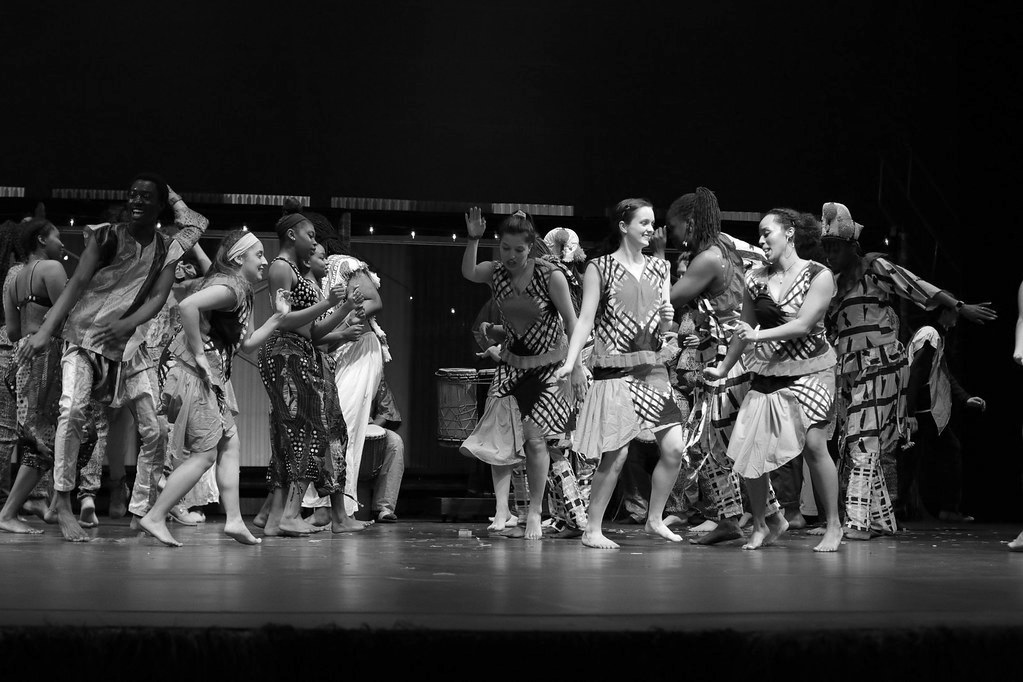We are Jewish students writing to intervene in the discourse that has taken hold of both our global and local collective political consciousness over the last month.
We are the grandchildren of survivors of genocide and the descendants of people held at the hands of state-sanctioned anti-Jewish violence. It is precisely because of this history that we stand in opposition to the violence that the Israeli military has been replicating in Palestine since the founding of the Israeli state in 1948 and the systematic occupation that preceded it. We condemn the ongoing genocide of the Palestinian people and the larger white supremacist and colonial project that it exemplifies.
Within the promise of “never again” lies our responsibility to use our Jewish voices and bodies to stand up for what we believe is right. “Never again” means never again for all people. It is through this lens of “never again” that we condemn the way our names and our ancestral grief are being weaponized as rhetorical shields for the Israeli occupation of Palestine. We will not stand quietly while our names are deployed to justify the bombs that continue to fall on Gaza. As of Monday, Gaza’s reported death toll is over 11,100, including at least 4,600 children. And we have lost count of the bodies trapped or lost under the rubble.
Like many young Jews, we were raised amid Israeli propaganda that was strategically placed in our schools, shuls, summer camps, sports teams, families, and youth programs. If you are reading this and trying to grapple with and/or unlearn what you were taught about Israel as a young Jewish person, please hear us. For millennia, our people have understood what it means to be Jewish beyond the boundaries of a state. Our story is one of displacement and pogroms, of a generations-old global diaspora, which has defined the diverse cultural practices and values of modern Judaism. Jewish Americans are not a monolith, and the dominant rhetoric regarding Israel relies on the image of the white American Jew who claims Israel as their homeland. This is reductionist. It is racist, white supremacist, and antisemitic. It erases Black and non-white Jews, who are constantly ignored in conversations about Judaism. As such, Israel cannot serve as a homeland for all Jews if it is built on white-supremacist racialized violence.
Today, we ask you to understand that the state of Israel does not represent all Jewish people. Zionism is not an extension of Judaism — it is a racist ideology built on the displacement and destruction of Indigenous peoples. Israel was built within a framework of occupation, designed to possess lands already inhabited by indigenous Palestinians. That occupation was undertaken and maintained by increasingly violent means. As we do not condone this campaign of occupation, we do not claim Israel as our Jewish state.
We are not writing to invalidate the mourning of Jews for family and friends. We mourn our Jewish family and friends, just as we mourn the lives of our Palestinian cousins and peers. Our grief, though, will not be bent into the shape of revenge. We cannot dress our wounds with the bodies of Gazans. Hamas formed under the immense pressure of the Israeli occupation. Just as we do not conflate Zionism and Judaism, we do not conflate Hamas and the Palestinian people. We are capable of holding these complexities while not allowing them to cloud our vision of liberation.
We are religious Jews, cultural Jews, Jews raised in Orthodox, Conservative, and Reform communities. We love our Judaism; it teaches us what it means to fight for liberation in community. And it is our responsibility to disentangle Jewishness from Zionism and the settler-colonialist state of Israel. The Israeli occupation of Palestine has been mischaracterized as a religious conflict.
It is through our Jewishness that we stand in solidarity with the Palestinian people and Oberlin Students for a Free Palestine. The invented dichotomy between Jewish and Muslim students is a false one. In our collective liberation, we are bound to one another. We embrace the concept of “Tikkun Olam” as our spiritual and cultural duty. And we are ashamed of Oberlin Hillel’s support of the state of Israel. We will not allow them to speak for us.
Standing in community with Oberlin Students for a Free Palestine over the past month has shown us what it means to act decisively in the face of injustice. We will be holding our own anti Zionist Shabbat gatherings. We invite you to join us to celebrate Jewish tradition and community outside of and in spite of the shortcomings of Oberlin’s institutional Jewish offerings.
To the administration: This is not a time for neutrality. You have sent out communication to the Oberlin community that plays into “both sides” rhetoric by not acknowledging the genocide of Palestinians. As one of those sides, we say: not in our name. We call to memory the 10 years of student protests that it took for Oberlin College to finally divest from apartheid in South Africa. If you are going to elect complacency in the face of apartheid today, we ask that you not use your alleged care for Jewish students to justify that choice. If you truly care about Jewish students, you will hear our demands. Lives depend on it.
To our fellow Jewish Students: Tzedek tzedek tirdof. Justice, justice, you shall pursue (Deuteronomy 16:20). Do it in community, do it for each other, do it with love.
Not in our names. Not now. Not ever.
This letter is written by Maya Miller ’26, Olivia Wohlgemuth ’25, Sam Llanillo ’25, Leila Sacks ’24, Jonas Nelson ’24, Zoe Goldstein ’25, Julius Kopald ’25.
For a full list of signatories, visit here.



